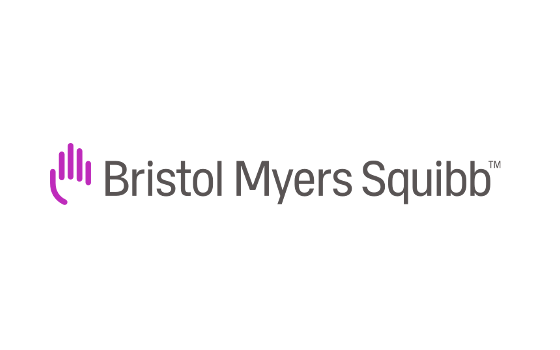 Bristol-Myers Squibb Foundation joins the White House Cancer Moonshot initiative through its commitment to addressing health disparities in cancer care. In response to the Cancer Moonshot, the Foundation is committing $25 million in new funding to grantee partners to expand the current scope of community-based resources and survivorship support programs to underserved populations in the U.S. The Cancer Moonshot is led by Vice President Joe Biden with a goal of making a decade worth of advances in cancer prevention, diagnosis, and treatment, in five years.
Bristol-Myers Squibb Foundation joins the White House Cancer Moonshot initiative through its commitment to addressing health disparities in cancer care. In response to the Cancer Moonshot, the Foundation is committing $25 million in new funding to grantee partners to expand the current scope of community-based resources and survivorship support programs to underserved populations in the U.S. The Cancer Moonshot is led by Vice President Joe Biden with a goal of making a decade worth of advances in cancer prevention, diagnosis, and treatment, in five years.
"The Vice President’s Moonshot Initiative is vitally important for patients living with cancer and their families," said Giovanni Caforio, Bristol-Myers Squibb Chief Executive Officer and chairman of the Bristol-Myers Squibb Foundation board of directors. "We are dedicated to fighting cancer and are excited to join this collective effort to defeat this deadly disease, once and for all."
At the White House event, the Bristol-Myers Squibb Foundation announced five partnership grants under this new commitment at the White House Cancer Moonshot event: Project ECHO, American Cancer Society, University of South Carolina College of Nursing, West Virginia University Cancer Institute and the Mississippi Public Health Institute. The remaining funding will be awarded over the next two years.
As part of the Cancer Moonshot commitment, the Foundation awarded a $10 million grant to Project ECHO (Extension for Community Healthcare Outcomes), a multiyear initiative, to bring top-quality care to cancer patients living in rural and underserved areas where cancer specialists are not readily available and to improve cancer health outcomes through pairing doctors at National Cancer Institute-designated Comprehensive Cancer Centers and academic medical centers with those in community hospitals and health centers. The Foundation will also fund the American Cancer Society, University of South Carolina College of Nursing, West Virginia University Cancer Institute and the Mississippi Public Health Institute to develop, deliver and evaluate innovative models of comprehensive, coordinated care that meet the needs of survivors of lung cancer, their family members and caregivers. Each partner was awarded $750,000 over two years to develop interdisciplinary, patient-centered survivorship care services.
"Our mission to address health disparities strongly complements the Moonshot goal of accelerating breakthroughs in cancer prevention, treatment options and care," says John Damonti, president of the Bristol-Myers Squibb Foundation. "The projects we support specifically focus on populations that are both underserved and at high risk for cancer. Our aim is to develop best practices for strengthening clinic and community cancer services and support systems so that breakthroughs can benefit everyone."
In addition to the funding commitment announced today, the Bristol-Myers Squibb Foundation has since 2014, committed more than $27 million to 15 grantee partners to address disparities in access to cancer services and health outcomes for vulnerable, low-income and medically underserved people. Many of these grants were made under the Foundation’s Bridging Cancer Care program that seeks to reduce the burden of lung cancer through innovative models of prevention, detection and education, and by helping people living with lung cancer access and navigate cancer care and community-based supportive services. Known as the Tobacco belt, the region of focus is the southeastern states with the highest lung cancer and mortality rates in the U.S. - Kentucky, Tennessee, West Virginia, North and South Carolina, Alabama and Mississippi.
In 2015, the Foundation launched a new initiative to address inequities in access to specialty care services including cancer by vulnerable populations in the U.S. The goal of this national initiative is to catalyze sustainable improvement and expansion of specialty care service delivery by safety net providers to achieve more optimal and equitable outcomes for the people they serve with lung and skin cancer, as well as other diseases.
About the Bristol-Myers Squibb Foundation
The mission of the Bristol-Myers Squibb Foundation is to promote health equity and improve the health outcomes of populations disproportionately affected by serious diseases and conditions, by strengthening community-based health care worker capacity, integrating medical care and community-based supportive services, and mobilizing communities in the fight against disease.